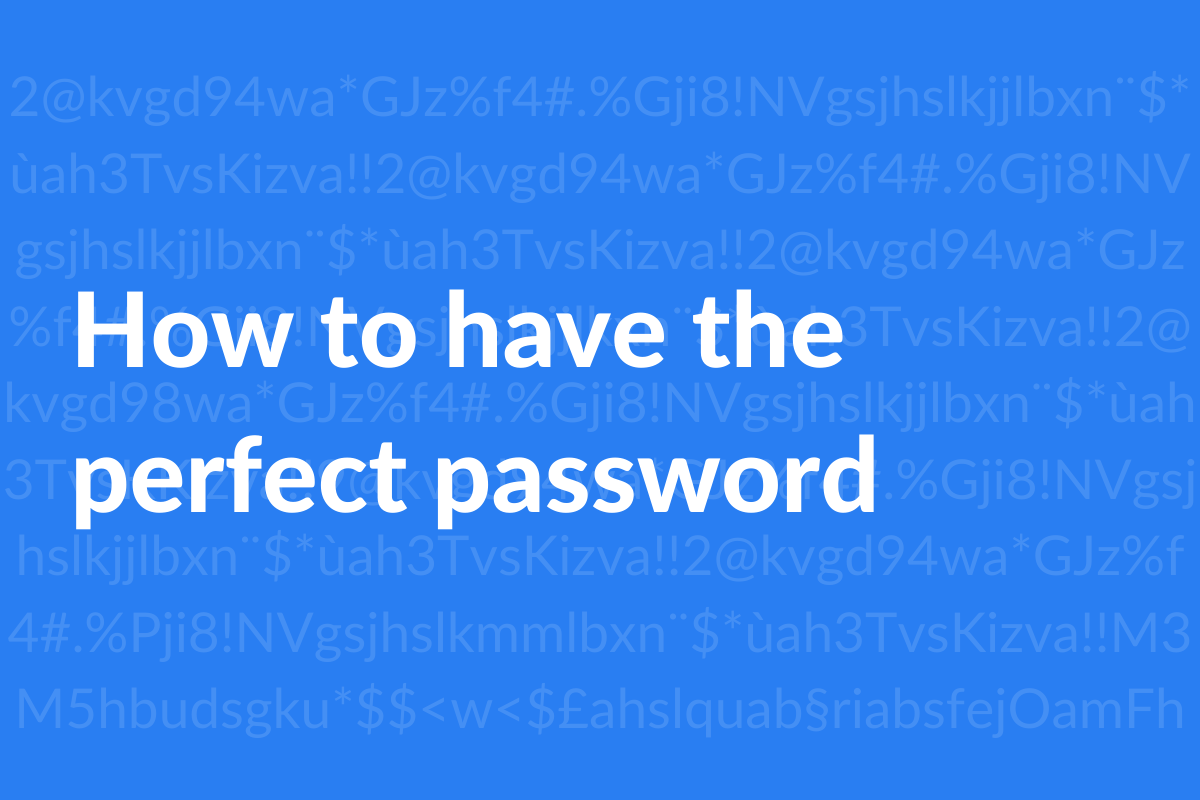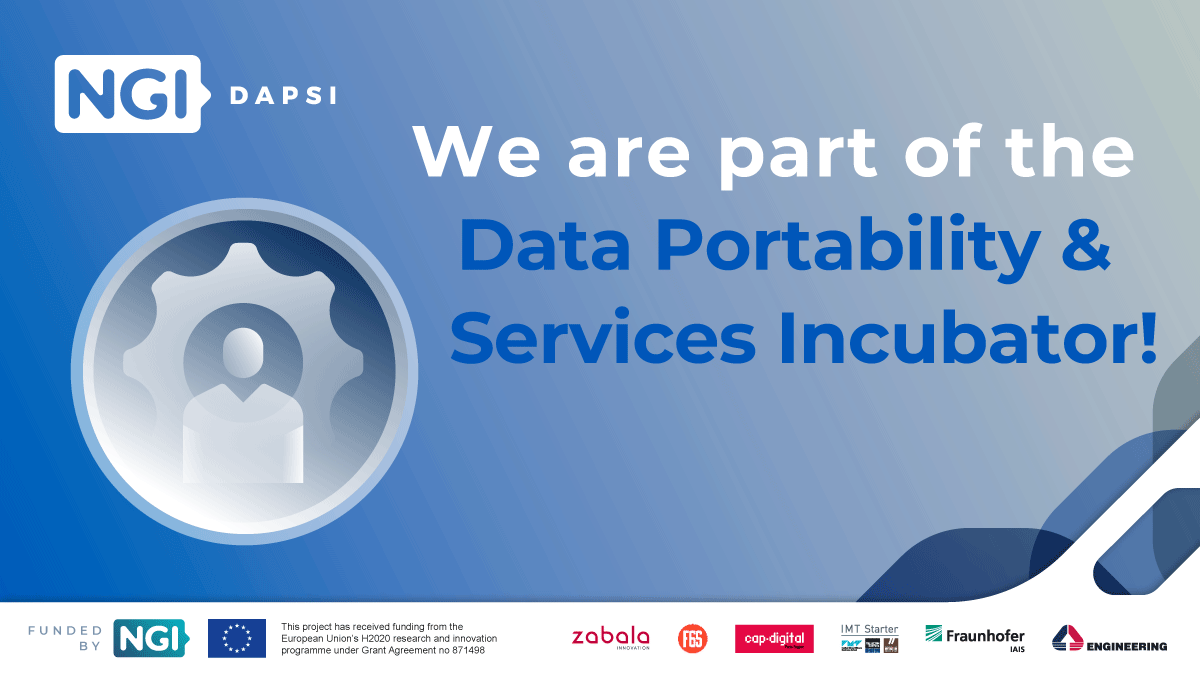Not having access to the Internet or not knowing how to use digital tools is a handicap for nearly 17% of the French population, according to a study by the National Institute of Statistics and Economic Studies (INSEE). This digital illiteracy particularly affects the most fragile populations and is closely linked to what is commonly known as the digital divide.
Although our uses, our administrative procedures and our relationships with others have never been as online as they are today, inequalities persist among the oldest people, those with fewer qualifications and those on modest incomes. However, digital technology is not intended to aggravate inequalities and must not become an obstacle to integration into today's society but, on the contrary, a valuable aid. A few months ago, CEMÉA, a group of associations and a major player in the popular education movement came knocking at the door of our cosy cloud to propose a project that has just been deployed...
Introduction
First of all, it is important to remind you that our mission at Cozy Cloud is to democratise the digital home with a simple tool for the technical reappropriation of its data.
Because we strongly believe that for a society to be democratic, individuals must control their personal data themselves, we have developed a personal data platform for a new approach to digital inclusion - a kind of new channel to create a real digital proximity with users, to empower them digitally.
Cozy and digital inclusion
By definition, digital inclusion is a process that aims to make digital technology accessible to every individual and to provide them with the digital skills that will be a leverage for their social and economic inclusion.
This process includes the establishment of a set of policies and strategies that aim to lead to the creation of an "inclusive" information society, which can benefit everyone without excluding citizens from marginalised communities. These policies are developed taking into account the social and economic reality of individuals. They aim to put in place ways of overcoming digital exclusion in order to promote access for all. This can be done through access and education to tools, training and learning, etc., aiming at the autonomy of people in the use of new technologies. A nationwide plan has been deployed for this purpose.
La clé d'accès à mes droits" (The key to access my rights): Project by CEMEA in partnership with Cozy Cloud and with the support of Secours Populaire Français, Samu Social de Paris, AFNIC Foundation and Framasoft.
Today, access to rights requires a real mastery of the digital world (applying for benefits, updating CAF and RSA files, etc.). However, for many people, particularly the most vulnerable (young people who have dropped out of school, homeless people, asylum seekers, women victims of violence, etc.), this remains a complex task.
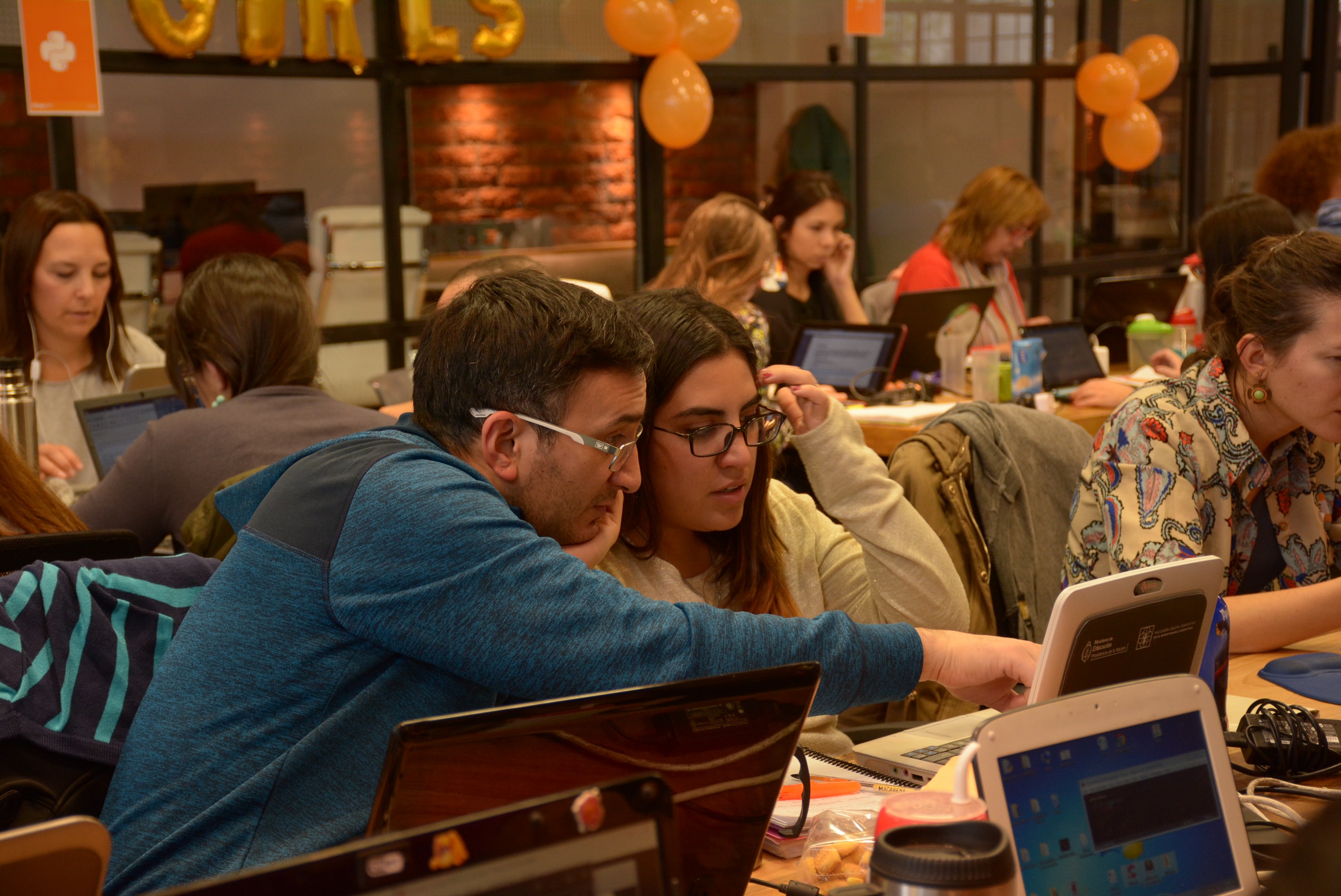
The project "The key to access my rights" consists of enabling people in a situation of fragility in their relationships or access to digital technology to regain their autonomy and pursue their emancipation while preserving their personal data, in order to strengthen their access to their social rights.
It is inspired by the Framasoft's Framakey project, i.e. a USB key containing the embedded applications (without any personal data being stored on it) enabling everyone to find their personal space simplified whatever the machine used.
Access to the key is completely secure. The helper's data is synchronised with an online personal space. In addition, this also serves as a portal to access various services. This object also symbolises the reappropriation of data belonging to people on the road to digital autonomy.
This project has been designed as a whole:
- political (reappropriating one's rights, etc.),
- technical (simplicity and data protection),
- deontological (to put the accompanying persons in the right place by holding personal data),
- educational (support the training of users and support staff in the use of the key),
- partner (by associating field actors and users in the construction of the tool and support).
In addition, this project aims at decomplexifying the ubuesque situations in the accompaniment of people by professionals and/or volunteers (passwords entrusted to third parties in public digital spaces, non-disconnected transfers on public computers, sometimes very personal attachments present in the "download" folder of these same computers, etc.).
Moreover, it is complex and even almost impossible for vulnerable and sometimes homeless people to keep all the documents that enable them to assert their rights, or even simply "souvenirs" or personal objects such as a simple photograph.
Our administrative procedures are increasingly dematerialised and this results in risks, in particular the non-use of rights. Many people are no longer in a position to carry out their own procedures. As a result, many end up delegating their procedures to a third party so that they can continue to access their services and rights. This assistance sometimes turns into a real situation of interference, which is partially suffered.
It is therefore with great pride that Cozy, as a simplified personal space, complements this project with the Secours Populaire Français, the Samu Social de Paris, the CEMEA and the Afnic Foundation (French Association for Cooperative Internet Naming).
Relevance of the Cozy digital home
Managing online services is complicated: you have to manage your identities and passwords to connect to services that have become essential (CAF, RSA, Pôle emploi, Social Security, etc.), often from a mobile phone, find the website address, navigate the site to find the right information or fill in the right form.
To carry out their administrative procedures, individuals are confronted with a multitude of services and sometimes complex technologies. The digital home developed by Cozy simplifies these procedures.
Mon-domicile-num-rique](/en/content/images/2020/11/Mon-domicile-num-rique.png)
Cozy brings together several services (storage applications, bank aggregator, password, contact and photo manager) and data, simplifying usage with simple and easy to use features: direct links to share a folder or document, password management with automatic filling or generation of strong passwords, automatic online data retrieval with a single click, alerts and help with budget tracking.
All this in a context that places the individual truly in a "home" - a digital home, which he can keep beyond the initial provision, which he can move to...
From assistance to autonomy
Cozy thus becomes an immediately operational solution to simplify the digital daily life of these people in a precarious situation and enable the effectiveness of aid by guaranteeing :
✓Easy access to the rights of the person receiving aid
✓Facility and secure actions of those accompanying them
✓Back up of passwords / identities of the person being helped
✓all the personal data are secure (supporting documents, photo, contacts, bank details, etc.)
A frictionless and uncomplicated grip for both parties
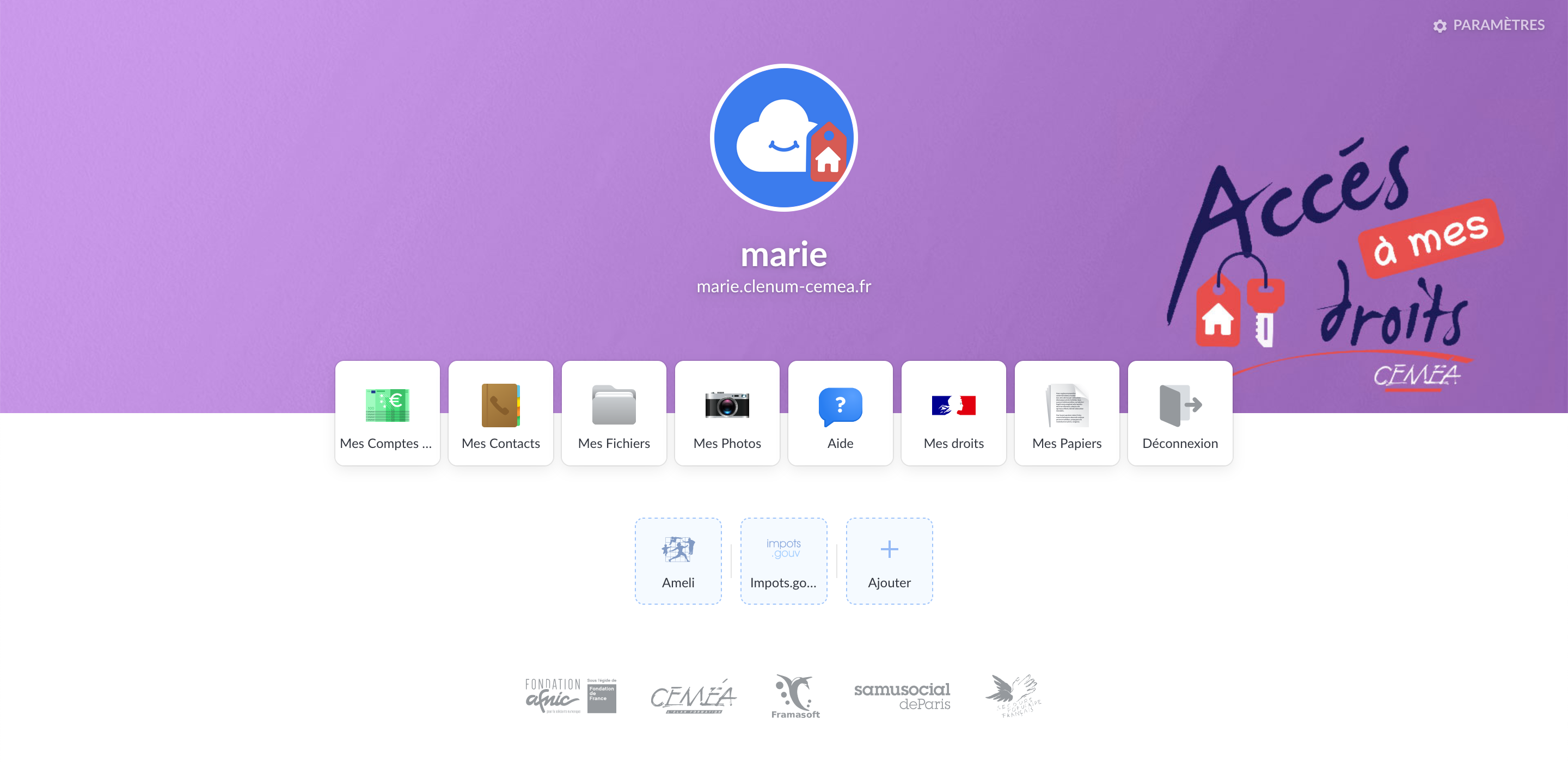
-
The Cozy digital home then provides several services to the person being helped:
- "My Accounts": direct access to their bank accounts, which allows them to monitor their cash inflows/outflows
- "My Contacts" : directory of people to contact, in particular the carer and other people essential to the management of his administrative life.
- "My Photos" : backup folder and organisation of your photos
- "My Rights" : direct access to the website https://www.mesdroitssociaux.gouv.fr/accueil/
- "My Papers" : access to the backup of your identity papers and retrieve your pdf's, certificates and other documents automatically recovered without any action on your part thanks to connectors (for example Ameli and Impots.Gouv).
- "My Notes": direct access to notes shared by the carer
- "My Mails": direct access to your webmail (upcoming feature).
-
Each helped person (= new user with a personal cloud) is accompanied by a helper (= companion), trained and available to help him/her progress in the reappropriation of his/her data, papers and other necessary documents.
-
The person being helped has a USB key with which they can open their Cozy digital home from any PC. The content of this key will be systematically synchronised in the assisted person's digital home. The USB key symbolises physically the possession of their data (in addition, for some people concerned, the assurance that they no longer run the risk of losing a photo, letter, diploma, etc., the only witnesses to their story) even if they will obviously be kept in a cloud. The key is really only the simplified access key to one's personal space, inaccessible without a password. The browser - Firefox- is installed and configured on the key, so that the person being helped does not leave any personal data (cookie, browsing history, etc.) on the computer on which he or she inserts the key to access his or her personal space.
In the event of loss or destruction of the key, it will nevertheless be very simple to reconstitute a new one from the data saved on the digital home. -
The Pass extension, the password manager is already installed in the private Firefox browser available on the USB key. The person being helped thus federates and secures all their identities and passwords in their Cozy so that they do not lose them and are always at hand.
-
The Cozy of the person being helped thus becomes a place to share documents (via sharing often read-only in Drive) and help to recover passwords (if the carer needs to find this or that paper/lamp).
This is a paradigm shift for the person receiving assistance, who until now has been on the fringes of digital use and who, by reappropriating and controlling his data in his digital home, becomes a real player in his digital life and a citizen again.
Conclusion
We are convinced that our collective digital sovereignty will be the sum up of individual digital autonomies and it is by allowing each individual to control their data in a personal space to which they hold the key that we will achieve this. **At Cozy Cloud, we want the emancipation of each individual and not their manipulation or exclusion from society through digital technology.
A big thank you to the CEMEAs for having taken us on this adventure that gives a key back to those who need it.
More about the partners
Find all the information on the genesis of the project on the Cemea website and on the other partner websites:
- Cozy Cloud website
- Secours Populaire Français website
- Website of Samu Social Paris
- Website of the Afnic Foundation (French Association for Internet Naming in Cooperation)
Other initiatives to combat digital exclusion have emerged such as Reconnect or Emmaus Connect which acts to enable the digital inclusion of the most vulnerable.
